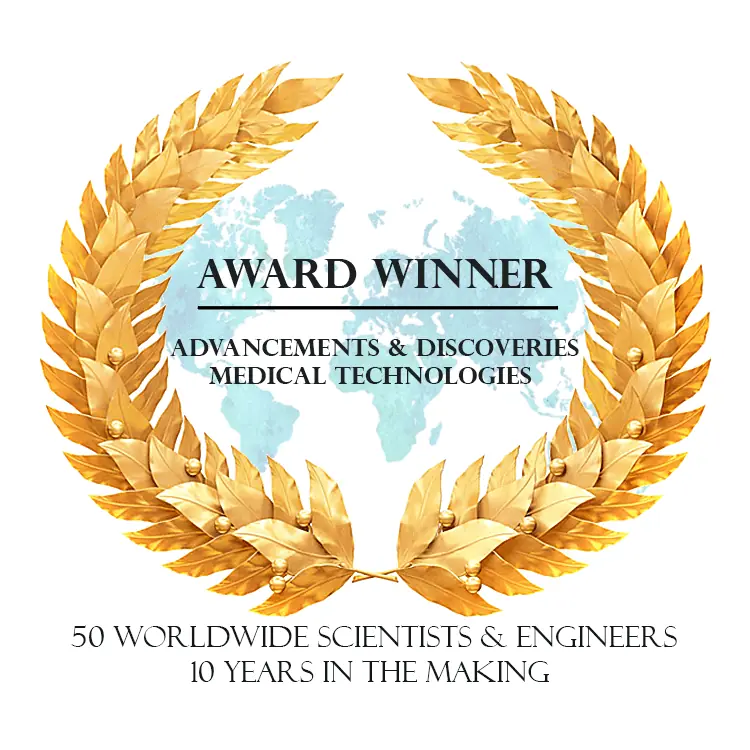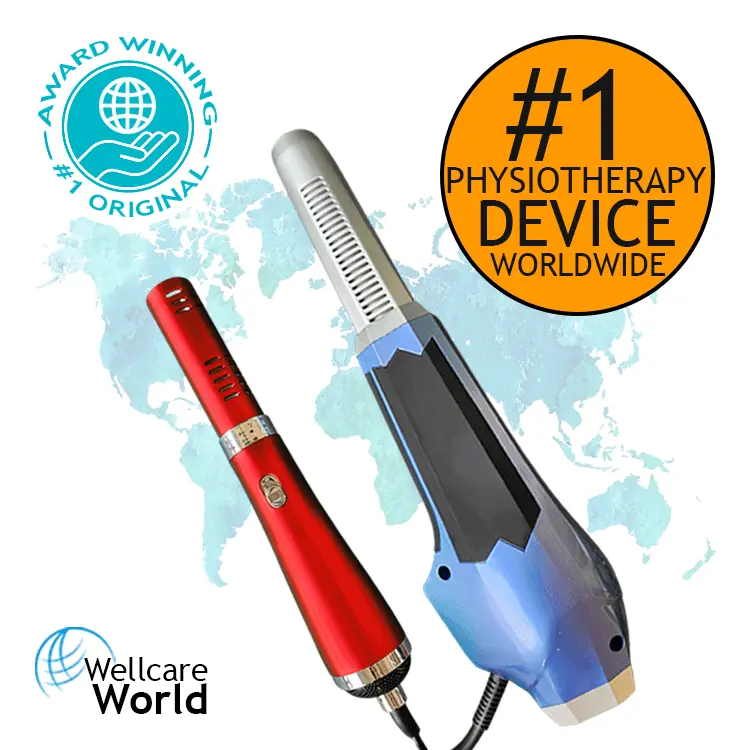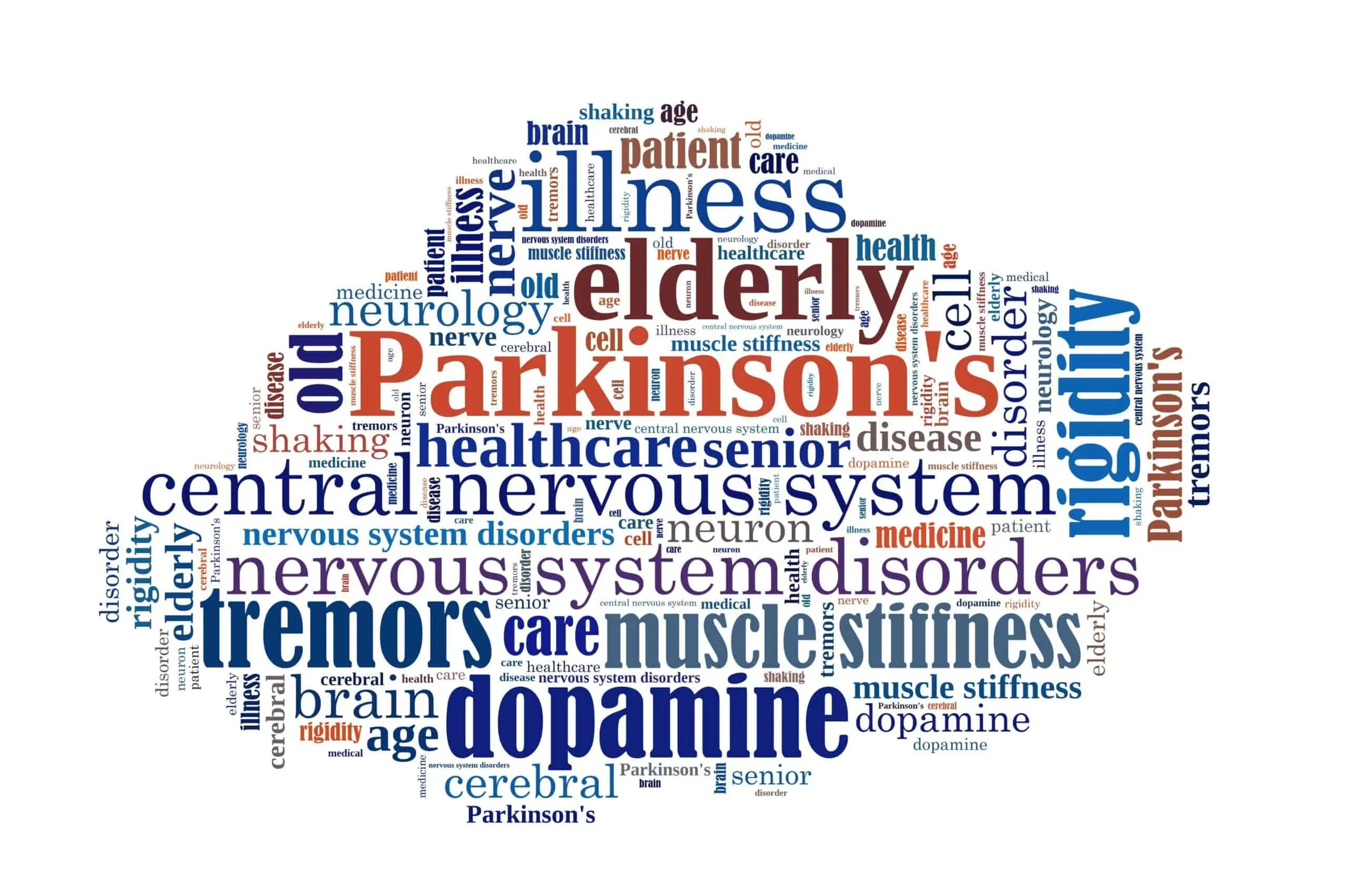Parkinson’s disease is a progressive disorder of the nervous system that affects movement and coordination. The disease occurs when there is a loss of dopamine-producing brain cells, leading to a range of symptoms, including tremors, stiffness, and difficulty with balance and coordination. While there is no cure for Parkinson’s disease, there are a variety of treatments available to manage its symptoms. In recent years, researchers have explored new technologies and alternative therapies that could help improve the quality of life for people with Parkinson’s disease.
Terahertz Wave Technology
Terahertz (THz) wave technology is a relatively new field that deals with electromagnetic radiation with frequencies between 0.1 and 10 THz. Researchers are exploring how Terahertz (THz) radiation could be used in a number of medical fields, including Parkinson’s disease.
Terahertz (THz) radiation has been shown to have anti-inflammatory effects, which could make it a promising treatment for Parkinson’s disease. Inflammation in the brain is thought to contribute to the development and progression of Parkinson’s disease, so reducing inflammation could help slow the disease’s progression.
Studies have shown that Terahertz (THz) radiation can reduce inflammation and oxidative stress in the brain, and it may be able to protect dopamine-producing neurons from damage. In one study, researchers found that Terahertz (THz) radiation reduced inflammation and oxidative stress in the brains of mice with Parkinson’s disease, leading to improvements in movement and coordination.
While Terahertz (THz) wave technology is still in the early stages of development for Parkinson’s disease, it shows promise as a potential treatment option in the future.
Exercise
Regular exercise, including aerobic exercise, strength training, and stretching, can help people with Parkinson’s disease improve their mobility, balance, and coordination. Exercise can also help reduce stiffness, improve mood, and increase overall quality of life.
Research has shown that exercise can increase the production of dopamine in the brain, which is the neurotransmitter that is lost in Parkinson’s disease. Exercise may also help protect dopamine-producing neurons from damage.
While it can be challenging for people with Parkinson’s disease to exercise regularly, there are a variety of programs and resources available to help. Physical therapy, occupational therapy, and exercise classes designed specifically for people with Parkinson’s disease can all be effective ways to improve mobility and overall health.
Therapies of the Mind and Body
Therapies of the mind and body, such as yoga, tai chi, and meditation, can help reduce stress, improve mood, and enhance overall well-being for people with Parkinson’s disease.
Research has shown that these therapies can improve balance, flexibility, and coordination, and they may also help reduce symptoms like tremors and rigidity. Mind-body therapies may also help reduce inflammation in the brain, which could slow the progression of Parkinson’s disease.
While these therapies may not directly treat Parkinson’s disease, they can help manage symptoms and improve quality of life. They may also be effective in reducing stress and anxiety, which are common in people with Parkinson’s disease.
Acupuncture
Acupuncture is a traditional Chinese medical practice that involves inserting thin needles into specific points on the body. It has been shown to be effective in reducing symptoms of Parkinson’s disease, including tremors and rigidity.
Research has shown that acupuncture can increase dopamine production in the brain, which could help improve motor function. Acupuncture may also reduce inflammation in the brain, which could slow the progression of Parkinson’s disease.
While the exact mechanisms of acupuncture in Parkinson’s disease are not fully understood, studies have shown that it can be an effective complementary therapy for managing symptoms. Acupuncture is generally considered safe when performed by a licensed practitioner, but it’s important to talk to a doctor before starting any new therapies.
Music Therapy
Music therapy is a form of therapy that uses music to improve physical, emotional, and cognitive function. It has been shown to be effective in reducing stress and anxiety in people with Parkinson’s disease, and it may also improve motor function and coordination.
Research has shown that music therapy can help people with Parkinson’s disease walk with more fluidity, decrease tremors, and improve overall movement. Music therapy may also help improve mood and reduce depression, which is common in people with Parkinson’s disease.
There are a variety of music therapy programs available for people with Parkinson’s disease, including individual and group sessions. Music therapy can be tailored to individual needs and preferences, and it’s often provided by trained music therapists.
Conclusion
Parkinson’s disease is a complex disorder that affects millions of people worldwide. While there is no cure for Parkinson’s disease, there are a variety of treatments available to manage symptoms and improve quality of life.
New technologies like Terahertz (THz) wave technology show promise as potential treatments for Parkinson’s disease, and alternative therapies like exercise, mind-body therapies, acupuncture, and music therapy can all be effective ways to manage symptoms and improve overall well-being.
If you or someone you love has Parkinson’s disease, it’s important to talk to a doctor about the best ways to manage symptoms and improve quality of life. With the right treatments and support, people with Parkinson’s disease can continue to live fulfilling lives and maintain their independence.

Offered by Wellcare World
Trending Also -> Physiotherapy Technology TeraMD
Wellcare World specializes in providing the latest advancements in wellness technology, supplementation, and lifestyle changes that improve health and increase the quality of people’s lives.
To learn more, visit WellcareWorld.com and begin living a better life today.








